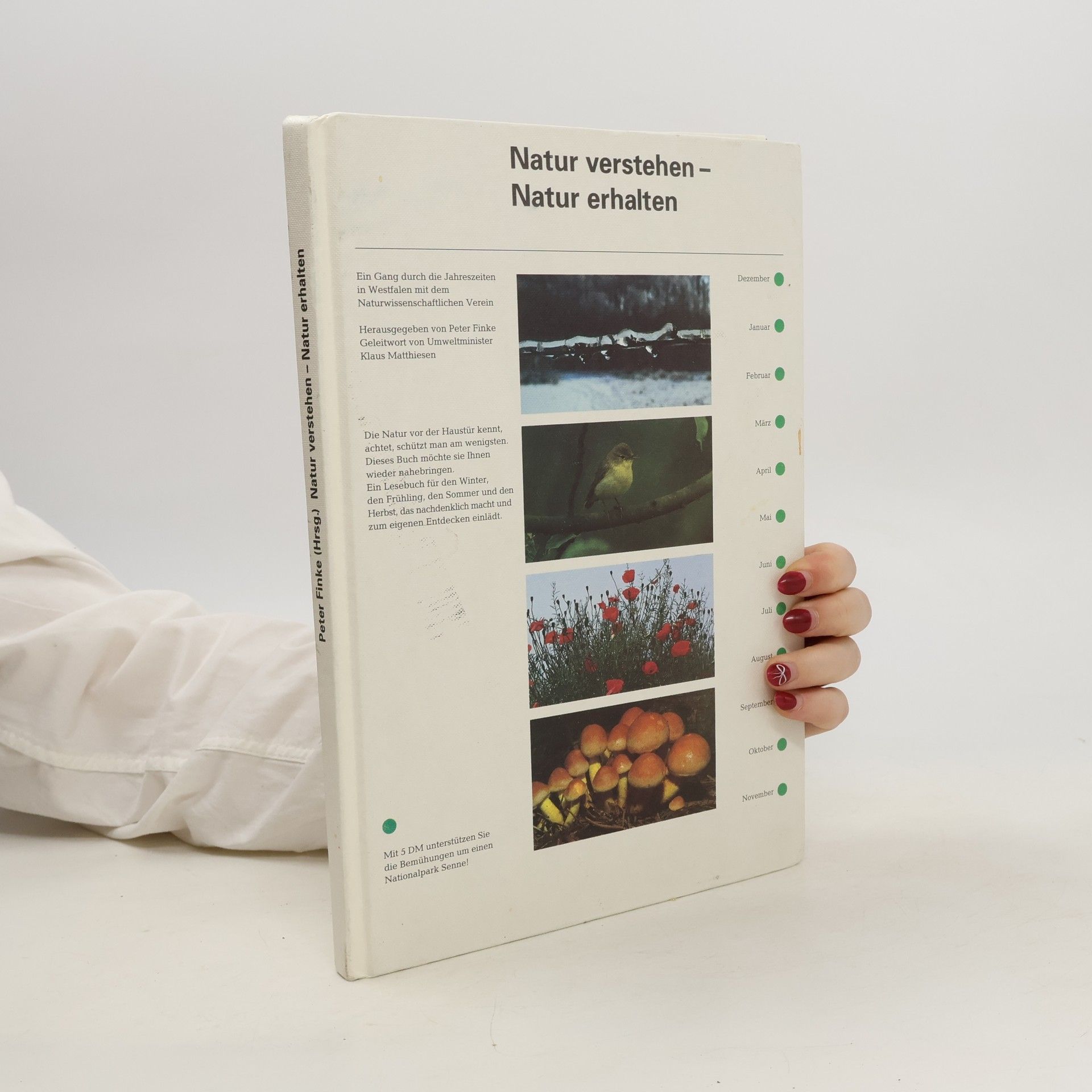Modelling Soil Development Under Global Change
- 176 pages
- 7 hours of reading
Focusing on the intricate interactions of biological, physical, and chemical processes in soil, this book critiques the common oversimplifications in quantitative assessments of soil development amidst global change. It emphasizes that soil properties are not static and are influenced by varying factors like climate and organisms, including humans. The text provides a comprehensive overview of modeling soil formation and development under global change, featuring detailed guidance on using SoilGen, a simulation model for studying pedogenesis.

